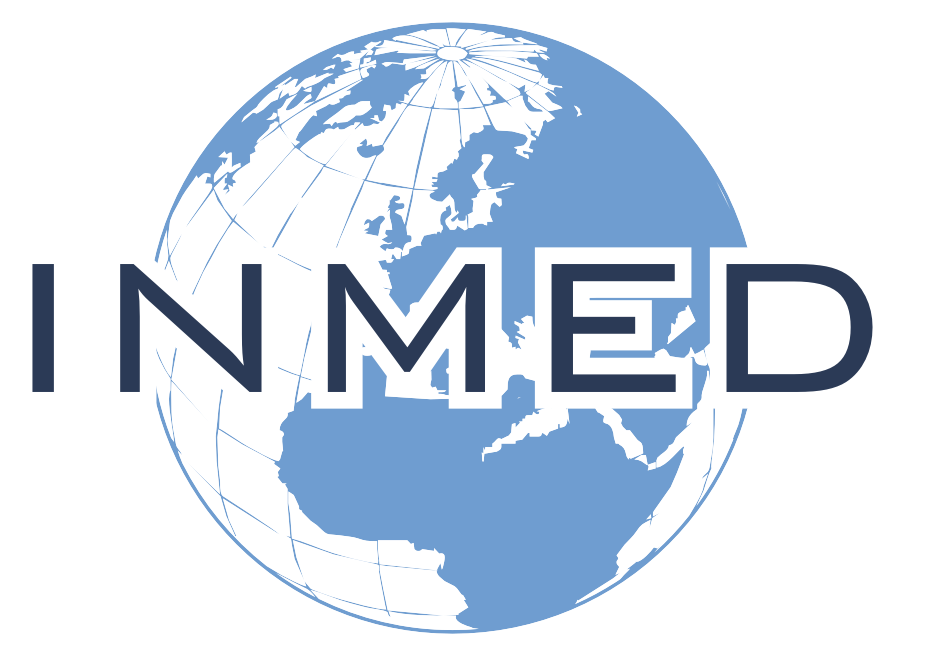Increasing literacy is a major objective of H.E.L.P. Communities make requests for literacy assistance, and each year H.E.L.P. responds with some forty class locations in different areas of Nepal depending upon such requests. H.E.L.P. is also careful to obtain any needed permissions from the government leaders. Literacy facilitators come to Dhulikhel twice yearly for trainings to reinforce their literacy teaching skills. H.E.L.P. works in cooperation with 30-40 literacy teachers, and some 22,000 women have received literacy in the Nepali language through this program. HELP literacy directors perform field visits of the literacy classes during the year, and also utilize their GR’s, or Group Representatives (extension agents), as well as community and church leaders to follow up on literacy class function and success.
Agriculture training is another objective of H.E.L.P. Similar to literacy, communities make requests for assistance with agriculture and veterinary development. The agriculture program includes multiple agriculture training programs which are predominately pesticide free, all using sustainable technology. In addition to about 20 trainings a year in various topics and areas, there are also season-long “farmer field schools” in about 20 communities per year. Farmer field schools concentrate on the production of particular crops of interest and the utility of farmer cooperatives.
The veterinary department, like literacy and agriculture, are led by HELP trainers and overseen by GR’s. Depending on community needs, approximately 15-20 trainings are held each year in goat raising, poultry farm, water buffalo, and more.
In addition, there is a large microfinance emphasis with farmer groups, teaching both group formation, business, and more. Over 5,000 known businesses have been started over the last 20 years via the literacy, agriculture, or animal husbandry departments, often in conjunction with the training held.
H.E.L.P. also offers education to improve maternal & child health, primarily through nutrition and women’s health education, first aid, construction and use of smokeless stoves (built with local materials). Smokeless stove programs have had a huge impact to decrease COPD and childhood burns, and are taught in concert with literacy, ag, and animal husbandry programs, as well as health. Clean water and sanitation – including promotion of toilets and pit latrines as well as water projects are part of health training. All health education is undertaken at the request of particular communities.
All of H.E.L.P.’s programs rely on the use of group representatives (GR’s). These men and women are leaders within their community and churches who intentionally model Christ’s ministry to meet both the physical and spiritual needs of the poor. H.E.L.P. assist in community needs assessment, follow up, impact and results after trainings, and more. Such representatives also ensure that government and community leaders are involved and aware of H.E.L.P. trainings, and supervise the many national volunteers.
Finally, H.E.L.P. hosts a child sponsorship program for over 200 children a year. These kids live in the home of a relative, with H.E.L.P. overseeing provision of uniforms, shoes, health screenings, and payment of school fees in concert with a community church leader or GR. In addition, HELP has an orphanage in Dhulikel, which has 70 graduates and 20 children currently residing. Food for the orphanage is provided through the HELP agriculture land and products, and plots are sometimes used for agriculture training, as well.
